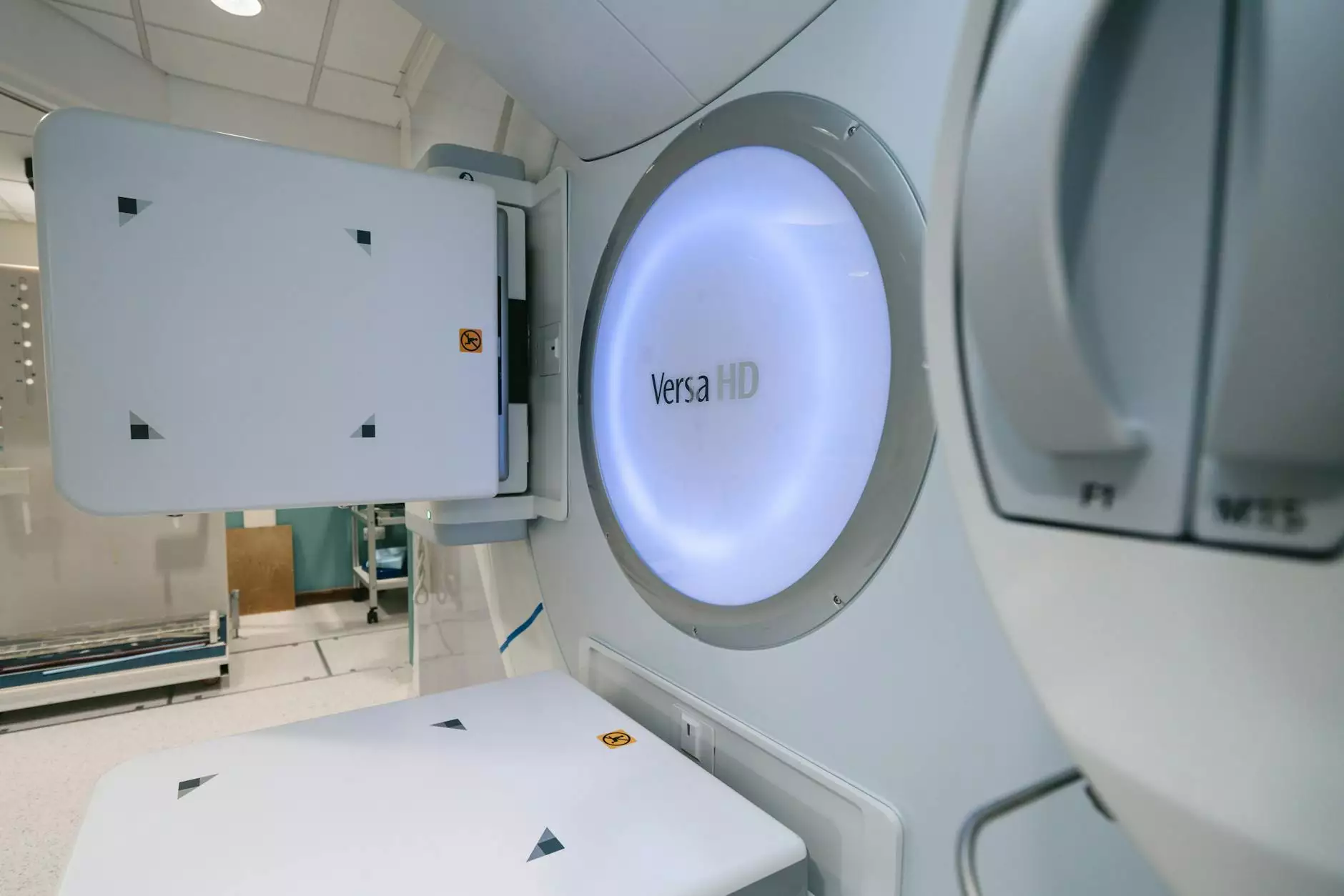Understanding Pancreatic Cancer: The Role of Specialized Doctors

Pancreatic cancer is one of the most challenging forms of cancer, often diagnosed at a late stage, leading to a poor prognosis. However, the expertise of pancreatic cancer doctors plays a crucial role in treatment and management, ultimately affecting patient outcomes. This article delves deeply into the world of pancreatic cancer, highlighting the importance of specialized medical professionals in combating this disease.
What is Pancreatic Cancer?
Pancreatic cancer occurs when malignant cells form in the tissues of the pancreas, which is an essential organ responsible for aiding in digestion and regulating blood sugar. The most common type is adenocarcinoma, representing about 90% of all pancreatic cancer cases.
Symptoms to Watch For
Symptoms of pancreatic cancer can be vague and often mimic other conditions, making early diagnosis difficult. Some significant indicators include:
- Abdominal pain: Often felt in the upper abdomen, this can radiate to the back.
- Weight loss: Unexplained weight loss is a common symptom.
- Jaundice: Yellowing of the skin and eyes due to bile duct obstruction.
- Diabetes: New-onset diabetes can be an early signal of pancreatic cancer.
- Loss of appetite: A decrease in hunger is often reported.
The Importance of Early Diagnosis
Due to the often nonspecific symptoms, patients may ignore early signs or attribute them to less serious issues. This is where pancreatic cancer doctors are vital; they can conduct appropriate tests and screenings to facilitate early detection and improve the probability of successful treatment.
Specialized Testing and Diagnosis
When pancreatic cancer is suspected, several diagnostic tests are generally employed, including:
- Imaging tests: These include CT scans, MRI, and ultrasound to visualize the pancreas and any abnormal growths.
- Biopsies: A sample of pancreatic tissue is often needed to confirm the presence of cancer cells.
- Blood tests: Tests such as CA 19-9 can help indicate pancreatic cancer presence.
Role of Pancreatic Cancer Doctors
Specialists known as pancreatic cancer doctors, often oncologists with a focus on gastroenterological cancers, are integral to the management and treatment of this disease. Here’s how they contribute:
1. Treatment Planning
Upon diagnosis, pancreatic cancer doctors develop personalized treatment plans based on the stage of cancer, overall health, and individual patient needs. This can include:
- Surgery: Surgical removal of tumors, known as resection, if detected early.
- Chemotherapy: Using drugs to eliminate cancer cells and stop their spread.
- Radiation therapy: Employing high-energy waves to target cancerous growths.
2. Innovative Treatments
Numerous clinical trials are ongoing, and pancreatic cancer doctors are at the forefront, utilizing innovative therapies that show promise, including:
- Targeted therapies: Drugs that specifically target cancer-cell mechanisms.
- Immunotherapy: Treatments that utilize the body’s immune system to fight cancer.
- Genetic testing: Identifying mutations that can be targeted for treatment.
The Multidisciplinary Approach
Successful management of pancreatic cancer requires a team of specialists, including surgeons, medical oncologists, radiation oncologists, dietitians, and palliative care providers. Each member plays a specific role to ensure comprehensive care for the patient.
Surgeons
Often, the first line of defense in treating pancreatic cancer involves surgical intervention. Surgical oncologists work closely with pancreatic cancer doctors to ensure effective tumor removal when possible.
Oncologists
Medical oncologists specialize in non-surgical treatments such as chemotherapy and are responsible for managing the overall treatment plan, ensuring that it aligns with the patient's goals and health status.
Radiation Oncologists
In cases where radiation therapy is deemed necessary, radiation oncologists will meticulously plan and administer treatment to maximize effectiveness while minimizing harm to surrounding healthy tissue.
Patient Support and Resources
Patients diagnosed with pancreatic cancer benefit immensely from support networks and resources. Here are a few ways to stay informed and supported:
- Support Groups: Joining a pancreatic cancer support group can provide comfort and understanding.
- Educational Resources: Websites, pamphlets, and books that provide information about treatment options.
- Palliative Care: Focuses on providing relief from symptoms and improving the quality of life.
Living with Pancreatic Cancer
Living with pancreatic cancer requires ongoing management, lifestyle changes, and mental health support. Patients should engage in discussions with their pancreatic cancer doctors about:
- Dietary Changes: Maintaining a healthy diet can support overall health.
- Physical Activity: Regular exercise can drastically improve one’s physical and mental well-being.
- Psychological Support: Therapy and counseling can help address the emotional impacts of cancer.
Research and Future Directions
Research into pancreatic cancer is critical, as advancements in scientific knowledge can lead to better treatment and detection methods. Pancreatic cancer doctors are essential players in clinical trials that could lead to breakthroughs in this field.
Conclusion
Pancreatic cancer remains one of the most formidable adversaries in oncology. However, the dedication and specialized knowledge of pancreatic cancer doctors provide hope and tangible pathways for patients. By understanding the complexities of this disease and engaging with the right professionals, individuals diagnosed with pancreatic cancer can navigate their journey with improved outcomes and quality of life.
For more information or to connect with experienced pancreatic cancer doctors, consider visiting oncologicalsurgery.net, where expert advice and support are readily available.









